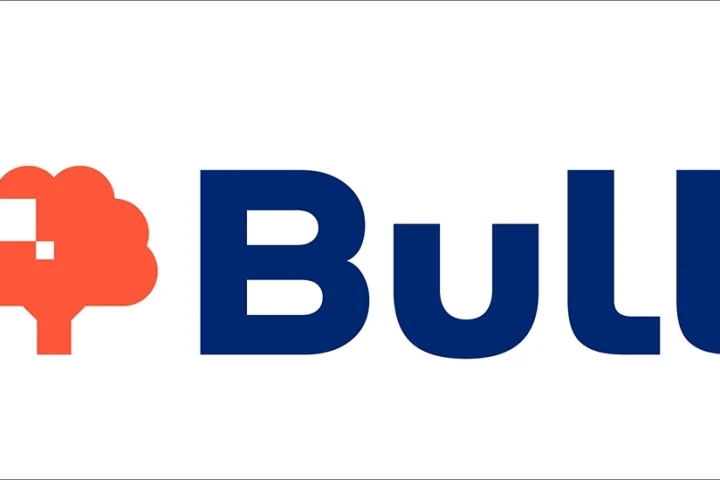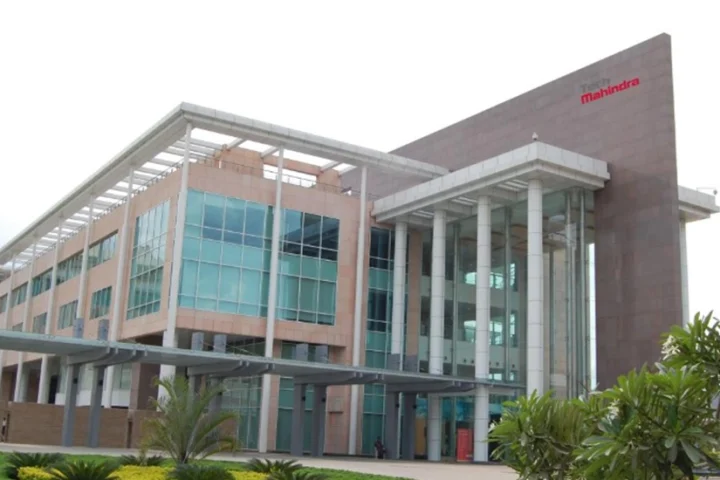Digital transformation can be a difficult shift. Data silos and legacy systems and insufficient technical capabilities often feel like an anchor that is preventing organisations from moving forward and getting to where they want to go.
Supporting digital transformation, Salesforce solutions are completely modular, and its systems our fully open and extensible. Middle East organisations can choose the migration journey that best suits their business needs.
“Salesforce is a 100% cloud-native solution, and was the first enterprise application provider to create SaaS applications.”
Across the region, Salesforce and its partners offer a number of patterns, accelerators, and predefined projects that can help to reduce the risk in project deployment. As part of the Salesforce Ignite journey, the company works with customers to develop their end-to-end digital transformation strategy; facilitating a deep dive into their aspirations and business results in a plan of action and execution.
Salesforce is a 100% cloud-native solution, and was the first enterprise application provider to create SaaS applications. Using SaaS, organisations can scale up on the subscription-based model as they grow, gain a user-friendly browser experience, optimise costs on the cloud, and remove the challenges of on-premise installation, maintenance, and upgrades.
With MuleSoft, Salesforce is accelerating customers’ digital transformation, and unlocking data-driven insights across legacy systems, cloud apps, and devices. MuleSoft’s Anypoint Platform allows customers to integrate their Salesforce SaaS applications with on-premise applications in a hybrid cloud environment.
Salesforce offers many ways of supporting customers’ hybrid cloud ecosystems via integration, process automation, and advanced data management tooling.
In digital transformation journeys, Chief Digital Transformation Officers should drive five pillars: strengthening the business and IT alignment, creating data-driven architecture and integrating all relevant data sources, developing the right skills and change, achieving KPIs and success metrics, and optimising the commercial framework.
In line with the brand value of Trust, Salesforce builds security into everything the company does as a defense-in-depth approach, so businesses can focus on growing and innovating. With its customers and partners, Salesforce invests in the tools, training, and support for everyone.
The majority of Salesforce’s programs, measures, and controls focus on fundamental security practices, such as patching and the adoption of multi-factor authentication through its ecosystem of employees, partners, and customers.
Security requirements are embedded in all stages of the software development lifecycle, allowing customers to innovate and scale. Salesforce continues to invest in AI and machine learning to expand its common set of security controls.
On the Salesforce side, one of the company’s core values is Trust, with a wide range of security systems and processes in place to ensure customer data is safe and secure.
As a cloud-native enterprise applications provider, Salesforce also leverages the high-availability and low-latency capabilities of the industry-leading hyper-scaler cloud providers. Data availability, security, and business continuity are vital for mission-critical industries such as government and public sector, banking and finance, and healthcare.
On the customer side, increasingly, Middle East organisations are appointing Chief Digital Information Officers CDIO, who can lead business strategy and design, technological architecture, and implementation and operations.
Salesforce is helping CDIOs to strengthen their business and IT alignment, create data-driven architecture and integrate all relevant data sources, develop the right skills and culture, achieve shared KPIs and success metrics, and optimise their commercial framework.
“Digital transformation is now an imperative that will continue its rapid pace.”
As the Middle East emerges from the pandemic in 2021, the future is all-digital and work from anywhere, which will be powered by a major evolution of the cloud.
Digital transformation is now an imperative that will continue its rapid pace. In the UAE, for example, 79% of sales reps say their digital transformation has accelerated since 2019, according to the State of Sales Report.
“In the UAE, 79% of sales reps say their digital transformation has accelerated since 2019.”
And with increased digital transformation, Middle East organisations will need cloud-based solutions to support mission-critical applications across government and public sector, banking and finance, healthcare, and education.
At Salesforce, the company has been transforming its Customer 360 into the operating system for Cloud 3.0, an end-to-end operating system that enables sales teams to sell from anywhere, service customers from anywhere, and market and do commerce from anywhere.
Salesforce delivers a customer relationship management CRM platform to more than 150,000 customers worldwide, based on five pillars: innovation, platform, productivity, mobility, and community.
“Salesforce solutions are available across all major hyper-scaler cloud platforms.”
Salesforce solutions are available across all major hyper-scaler cloud platforms, including Amazon Web Services AWS, Google Cloud, and Microsoft Azure.
Middle East organisations that run on Salesforce can adopt the full suite of customer experience SaaS solutions across sales, service, marketing, commerce, and analytics. The latest solution is Salesforce Hyperforce, which is a reimagination of the company’s platform architecture built to securely and reliably deliver Salesforce Customer 360 on major public cloud platforms.
“Middle East organisations will need cloud-based solutions to support mission-critical applications.”
Using Salesforce, Middle East organisations can build their business on a single, secure, scalable platform that is easy to customise and upgrade. Salesforce solutions are faster, more agile, have less overhead, and larger ROI compared to competitors.
Salesforce solutions include artificial intelligence built right into the CRM, a mobile-first CRM that allows executives to run their whole business from their phone, powerful analytics that give every employee data-driven insight, and top performance ranked by IDC.
Salesforce customers have reported a 39% increase in sales productivity, and a 40% increase in productivity with mobile.
Organisations can scale on subscription as they grow, gain user-friendly experience, optimise costs, and remove on-premise installation, maintenance.























